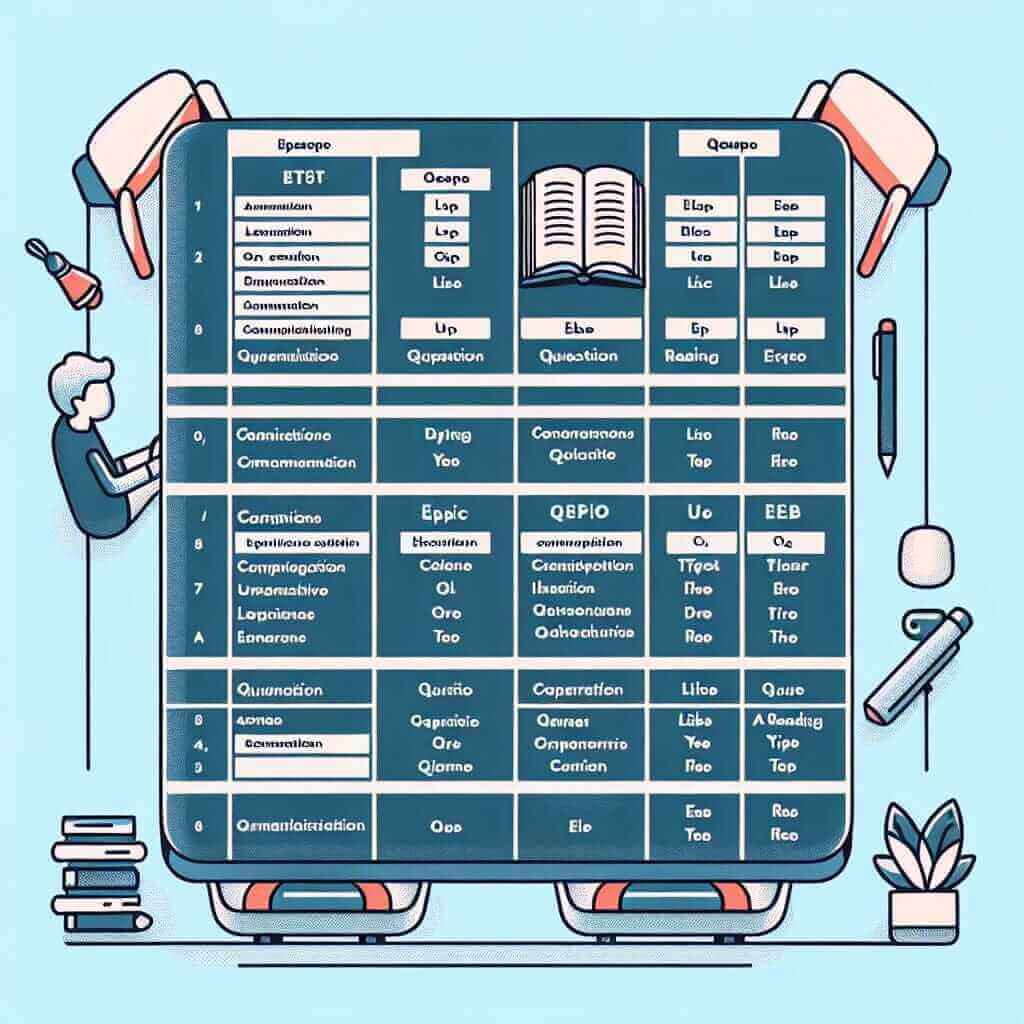Achieving a Band 7 in IELTS Reading signifies you can confidently understand complex texts and navigate diverse reading materials with accuracy. Whether you’re aiming for academic pursuits or professional opportunities, this score demonstrates your strong English comprehension skills. This guide will break down the essential strategies to help you conquer this milestone.
Understanding Band 7 Reading Requirements
A Band 7 in IELTS Reading requires more than just understanding the general meaning of a passage. It demands a firm grasp of the writer’s intent, a keen eye for detail, and the ability to decipher implicit information.
Here’s what IELTS examiners look for in a Band 7 candidate:
- Locating and understanding detailed information: You can pinpoint specific details and facts within the text, even those subtly implied.
- Identifying the writer’s opinion and purpose: You can differentiate between factual information and the author’s subjective viewpoint.
- Understanding complex arguments and distinguishing between main ideas and supporting details: You can follow intricate lines of reasoning and identify the hierarchy of information within a passage.
- Recognising paraphrasing and synonyms: You can accurately understand the meaning of words and phrases in different contexts, even if unfamiliar vocabulary is used.
Effective Strategies to Boost Your Score
1. Master Time Management:
- Practice timed reading: Allocate 20 minutes per passage to simulate exam conditions. This helps build your reading speed and accuracy under pressure.
- Skim and scan effectively: Skimming helps grasp the main idea, while scanning locates specific information quickly.
Example:
Imagine you have a passage about the history of coffee. Skimming would involve quickly reading the introductory and concluding paragraphs and glancing at topic sentences to understand the general timeline and key developments. Scanning, on the other hand, would be useful if you needed to find the specific year coffee was introduced to Europe.
2. Enhance Your Vocabulary:
- Read widely: Explore diverse English texts, from academic journals to novels and reputable news sources.
- Record and learn new words: Keep a vocabulary notebook. Jot down unfamiliar words with their definitions and example sentences.
- Use flashcards and spaced repetition: Regularly review previously learned words to reinforce your vocabulary retention.
Example:
Instead of just understanding “happy,” strive to learn synonyms like “elated,” “joyful,” and “content.” This allows you to decipher a wider range of texts and answer vocabulary-based questions accurately.
3. Develop Active Reading Skills:
- Identify keywords: Circle or underline keywords in questions to focus your attention while reading.
- Predict answers before looking at options: This helps avoid confusion and reinforces your understanding.
- Pay attention to paraphrasing: The answers are often paraphrased from the text, so understanding synonyms and similar expressions is crucial.
Example:
Question: What were the primary reasons for the decline of the silk trade?
Keywords: “reasons,” “decline,” “silk trade”
Prediction: Before looking at the answer choices, think about potential reasons based on your understanding of the passage. This could include factors like competition from other materials, changes in fashion trends, or political instability.

4. Familiarize Yourself with Question Types:
Understanding the nuances of each question type is essential for selecting the correct answers. Common IELTS Reading question types include:
- Multiple Choice
- Matching headings
- True/False/Not Given
- Sentence completion
- Summary completion
- Diagram/Flowchart completion
Example:
For “True/False/Not Given” questions, remember that “Not Given” means the information isn’t explicitly stated in the text. Don’t waste time searching for information that isn’t there.
5. Practice Regularly with Authentic Materials:
- Use official IELTS practice tests: Familiarize yourself with the exam format and level of difficulty.
- Analyze your mistakes: Understanding your weaknesses allows you to focus on specific areas that need improvement.
- Seek feedback from experienced tutors: A tutor can provide valuable insights and personalized strategies.
Conclusion
Achieving a Band 7 in IELTS Reading is an attainable goal with focused effort and consistent practice. By mastering these strategies and dedicating sufficient time to honing your reading skills, you’ll be well on your way to achieving your desired score. Remember, consistency is key.